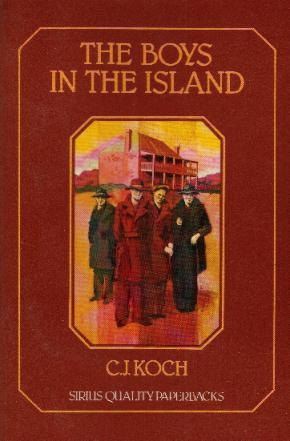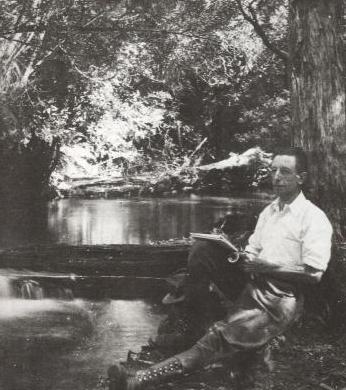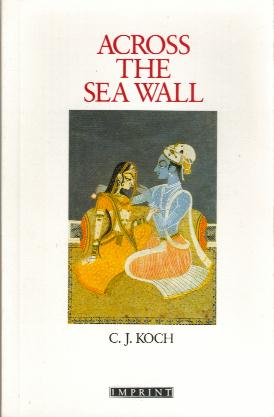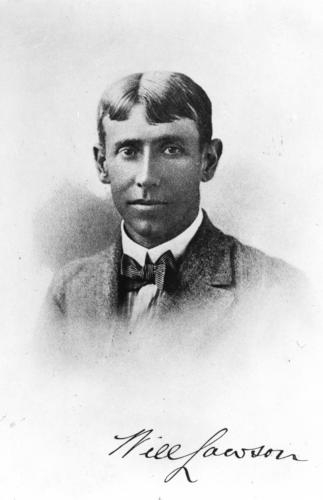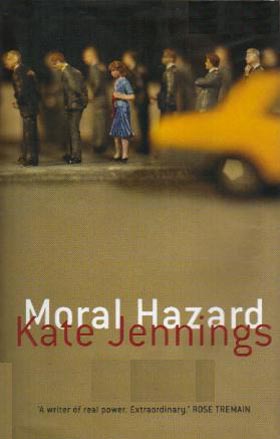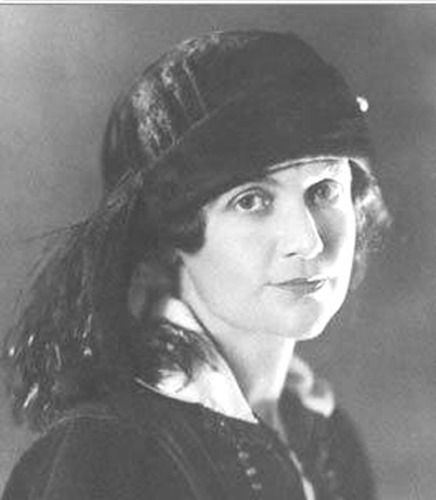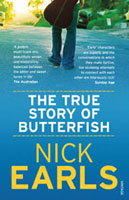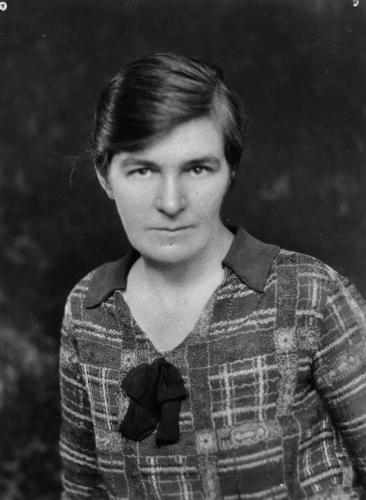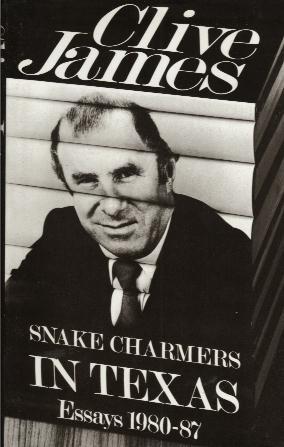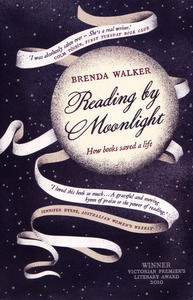The shortlisted works are:
Fiction Book Award
Caleb's Crossing, Geraldine Brooks (HarperCollins)
Reading Madame Bovary, Amanda Lohrey (Black Inc.)
Roddy Parr, Peter Rose (HarperCollins)
That Deadman Dance, Kim Scott (Pan Macmillan)
The English Class, Ouyang Yu (Transit Lounge Publishing)
Emerging Queensland Author - Manuscript Award
From Winter or River, Andrea Dudley
The Beloved, Annah Lee Faulkner
Empty Beach, Bruce Nash
At Mother's Elbow, Sally Piper
The Arc, Ross Watkins
Unpublished Indigenous Writer - Arts Queensland David Unaipon Award
Clear Water White Death: Storm on the Horizon, Dylan Coleman
'Mazin' Grace, Dylan Coleman
Skin Deep, Brenda Saunders
Non-Fiction Book Award
Singing Saltwater Country: Journey to the Songlines of Carpentaria, John Bradley (Allen & Unwin)
Guantanamo: My Journey, David Hicks (Random House)
Into the Woods: The Battle for Tasmania's Forests, Anna Krien (Black Inc.)
When It Rains: A Memoir, Maggie MacKellar (Random House)
An Eye for Eternity: The Life of Manning Clark, Mark McKenna (The Miegunyah Press)
History Book - Faculty of Arts, University of Queensland Award
Good Living Street: The Fortunes of My Viennese Family, Tim Bonyhady (Allen & Unwin)
A Merciless Place: The Lost Story of Britain's Convict Disaster in Africa and How it Led to the Settlement of Australia, Emma Christopher (Allen & Unwin)
Northern Voyagers: Australia's Monsoon Coast in Maritime History, Alan Powell (Australian Scholarly Publishing)
Savage or Civilised?: Manners in Colonial Australia, Penny Russell (University of New South Wales Press)
The Many Worlds of R.H. Mathews: In Search of an Australian Anthropologist, Martin Thomas (Allen & Unwin)
Children's Book - Mary Ryan's Award
Just a Dog, Michael Gerard Bauer (Omnibus Books)
Henry Hoey Hobson, Christine Bongers (Random House)
The Staring Owl, Luke Edwards (Omnibus Books)
Bill Rules, Elizabeth Fensham (University of Queensland Press)
Waiting for Later, Tina Matthews (Walker Books)
Young Adult Book Award
Graffiti Moon, Cath Crowley (Pan Macmillan)
The Golden Day, Ursula Dubosarsky (Allen & Unwin)
Big River, Little Fish, Belinda Jeffrey (University of Queensland Press)
Being Here, Barry Jonsberg (Allen & Unwin)
To Die For, Mark Svendsen (Woolshed Press)
Science Writer Award
Feeling the Heat, Jo Chandler (Melbourne University Press)
Voyage to the Planets - Episodes 1, 2 and 3 - Mars, Jupiter and Saturn, Richard Smith (Essential Media and Entertainment)
Medicinal Plants in Australia: Volume 1 Bush Pharmacy, Cheryll Williams (Rosenberg Publishing Pty Ltd)
Eucalypts: A Celebration, John Wrigley and Murray Fagg (Allen & Unwin)
Poetry Collection - Arts Queensland Judith Wright Calanthe Award
Burning Bright, Caroline Caddy (Fremantle Press)
Lines for Birds: Poems & Paintings, Barry Hill and John Wolseley (UWA Publishing)
You Can Get Only So Close On Google Earth, Ann Shenfield (Australian Scholarly Publishing)
Starlight: 150 Poems, John Tranter (University of Queensland Press)
Australian Short Story Collection - Arts Queensland Steele Rudd Award
The Source of the Sound, Patrick Holland (Salt Publishing)
Reading Madame Bovary, Amanda Lohrey (Black Inc.)
Other Stories, Wayne Macauley (Black Pepper Publishing)
Known Unknowns, Emmett Stinson (Affirm Press)
Literary or Media Work Advancing Public Debate - The Harry Williams Award
Into the Woods: The Battle for Tasmania's Forests, Anna Krien (Black Inc)
Quarterly Essay 38: Power Trip - The Political Journey of Kevin Rudd, David Marr (Black Inc.)
Quarterly Essay 40: Trivial Pursuit - Leadership and the End of the Reform Era, George Megalogenis (Black Inc.)
Leaky Boat, Victoria Midwinter Pitt (Matchbox Pictures)
Sideshow: Dumbing Down Democracy, Lindsay Tanner (Scribe Publications)
Film Script - Screen Queensland Award
The Hunter, Alice Addison (Porchlight Films)
Here I Am, Beck Cole (Scarlett Pictures Pty Ltd)
Snowtown, Shaun Grant (Warp Films Australia)
Drama Script (Stage) Award - Griffith University Creative Writing Program Award
April's Fool, David Burton (Playlab Press)
Bang, Jonathan Gavin
MOTH, Declan Greene
Life Without Me, Daniel Keene (Currency Press Pty Ltd)
Head Full of Love, Alana Valentine
Television Script - QUT Creative Industries Award
Charles Bean's Great War, Wain Fimeri (360 Degree Films)
Offspring - Episode 109, Jonathan Gavin (Southern Star John Edwards)
Paper Giants: The Birth of Cleo - Part 1, Christopher Lee (Southern Star John Edwards)
Paper Giants: The Birth of Cleo - Part 2, Christopher Lee (Southern Star John Edwards)
East West 101 - The Hero's Standard - Season 3, Episode 14, Michael Miller (East West 101 Season 3 Pty Limited)
The winners will be announced on 6th September 2011.
